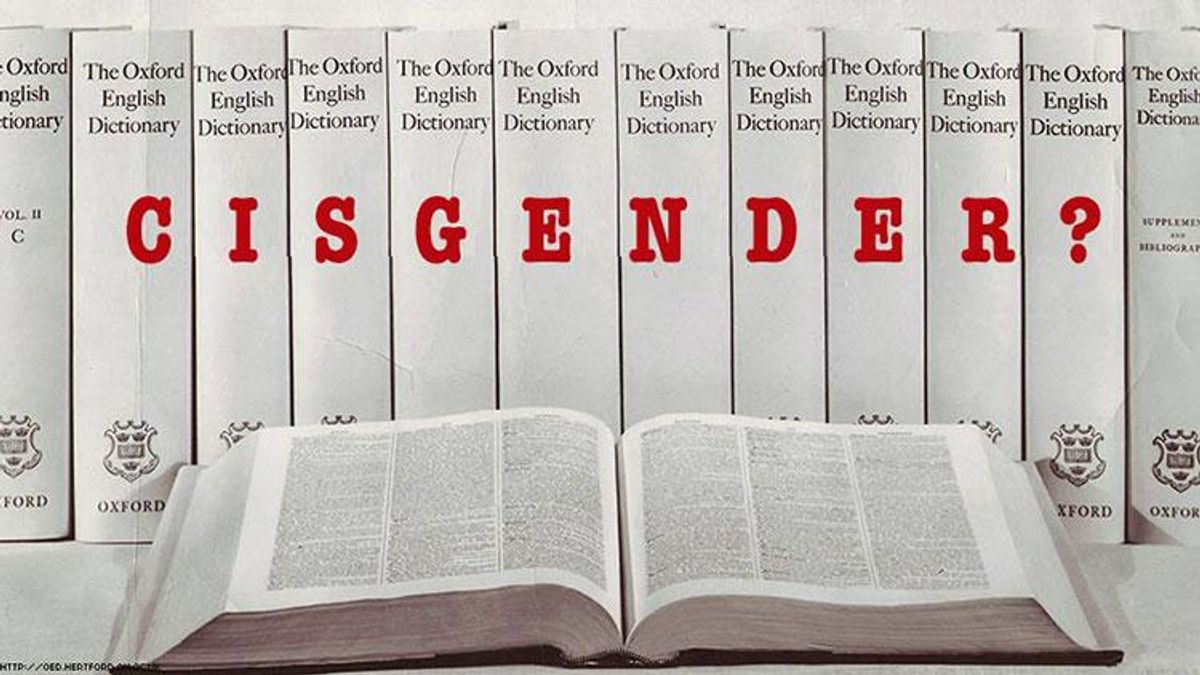
It's not complicated: Cisgender is the opposite of transgender.
July 31 2015 6:00 AM EST
June 01 2019 12:01 AM EST
sunnivie
By continuing to use our site, you agree to our Private Policy and Terms of Use.

It's not complicated: Cisgender is the opposite of transgender.
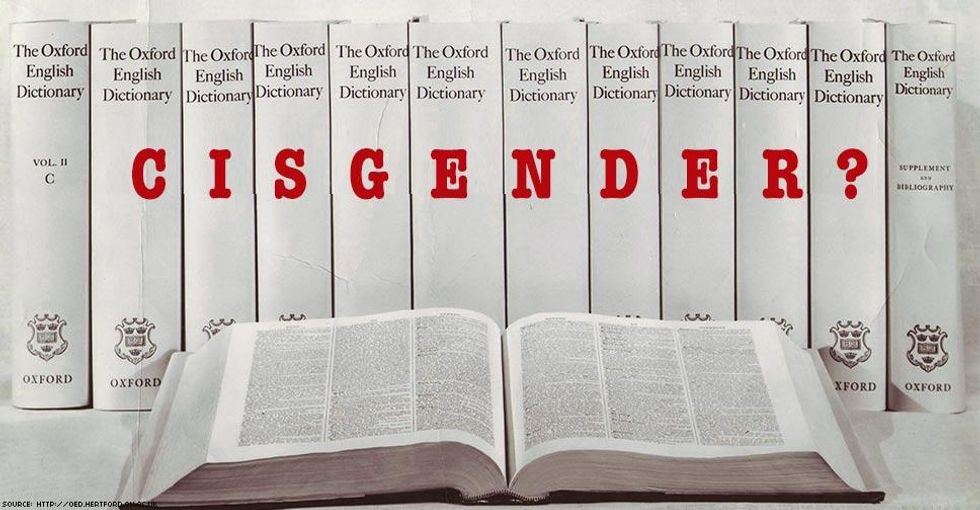
Beginning a feature with the "dictionary definition" of a subject goes against every lesson drilled into a prospective journalist's head in J-school, but in this instance, it's necessary. Because alongside the stratospheric rise in media visibility for transgender people comes the all-too-predictable pushback from those who are uncomfortable with change or those who claim the term is yet another unnecessary label that only serves to divide us, spotlighting our differences.
With such phenomena as angry hashtags on the fringes of social media proclaiming #DieCisScum and passionate op-eds defiantly declaring "I Am NOT Cisgendered," the cisgender population seems to be having an identity crisis. Perhaps that's because for many of us, "cisgender" is a new identity, a new label, that many people may not have even realized has applied to our lived experience all along.
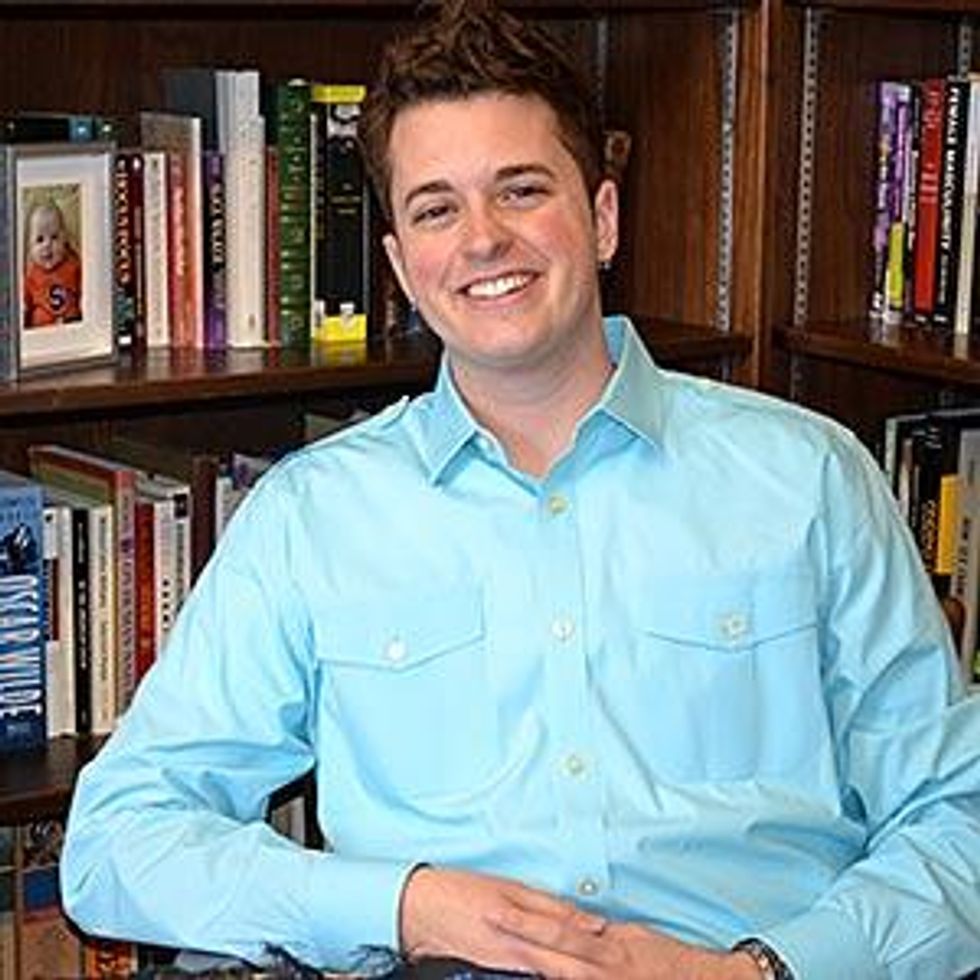
"The term is typically credited to biologist Dana Leland Defosse, who used 'cisgender' in 1994," explains Rawson. "Like most subcultural terms, I would guess that it was being used informally with increasing frequency, but the print literature we have available is slightly behind in representing that."
From an epistemological standpoint, the word is essentially a straightforward antonym of "transgender." Both words share Latin roots, with "trans" meaning "across, beyond, or on the other side of" and "cis" meaning "on this side of." Add the suffix "gender" onto either word, and both terms emerge as as strictly descriptive adjectives.
"It's not meant to be dismissive, but rather descriptive," Rawson says.
Last month the word "cisgender" was officially added to the Oxford English Dictionary. It was added along with 499 other new words, including some more recently popularized, such as "meh," "Twitterati," and "twerk." Other news sites have reestablished a practice of highlighting the most unusual new OED inductees, with Time pointing out "fo' shizzle," "Masshole," and "hot mess."
The OED is currently undergoing a full revision, organized by alphabetical ranges, says Katherine Connor Martin (pictured, below right), head of U.S. Dictionaries at Oxford University Press. While many of the latest additions are a direct result of that revision process, Martin does acknowledge that the road bringing "cisgender" to the OED's pages was paved by those advocating for its inclusion.
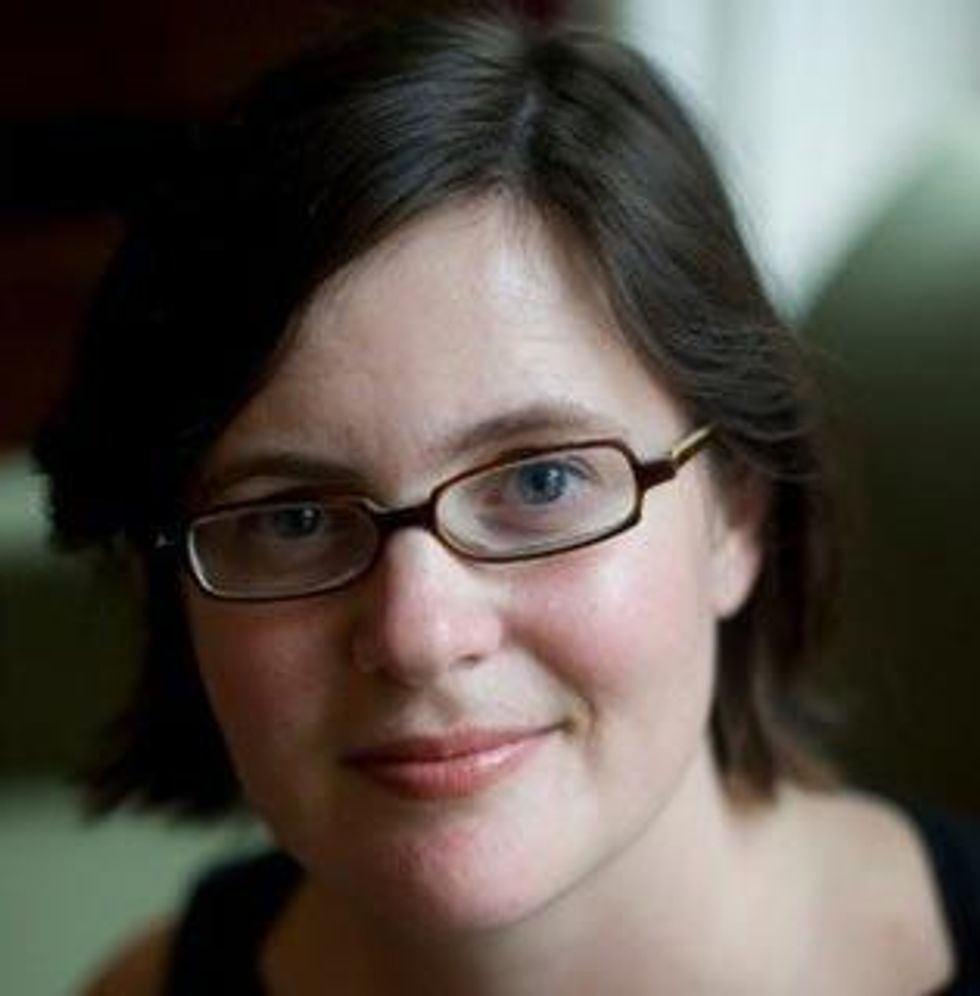
The word first appeared on the editor's radar in 2010, when it was flagged by a reader participating in the OED's reading program, which asks "people around the world [to] read books and periodicals and gather citations from them for emerging vocabulary," Martin says.
"One of our readers submitted a citation for 'cisgender' in 2010, so it has officially been in our files since then. ... An entry was added to our online dictionary of current English ... in May 2013," she explains. "The historical OED typically waits until words have been established for some time before adding them, but by this year it was clear that 'cisgender' had entered the general vocabulary of English."
Asked whether she or other OED editors have faced pushback on the word's inclusion in the ever-expanding lexicography reference, Martin is blunt. "No," she says. "We add and define words based on the evidence of their use, and 'cisgender' easily met our criteria for inclusion."
It's worth noting that the word "transgender" was officially added to the OED in 2003.
To help dispel myths that adding new words to the dictionary "involves intense debate amongst a cabal of ancient, bearded lexicographers, with winners and losers for the honor of being included," Martin offers the following summary of the OED's formal process for consideration of new terminology:
"Once a word comes to our attention, it is added to an in-house database of potential entries. We look at how much evidence there is for the word and over how long a period of time, in a number of in-house and external databases. If there is sufficient evidence of it being used (in a variety of texts, without explanation, over a period of time), then it can be added to the dictionary. ... There is always room for more words -- the last print edition of the OED ran to 20 volumes, and the online edition has no space limitations at all."
But for such a simple adjective, the word certainly incites a good deal of strife.
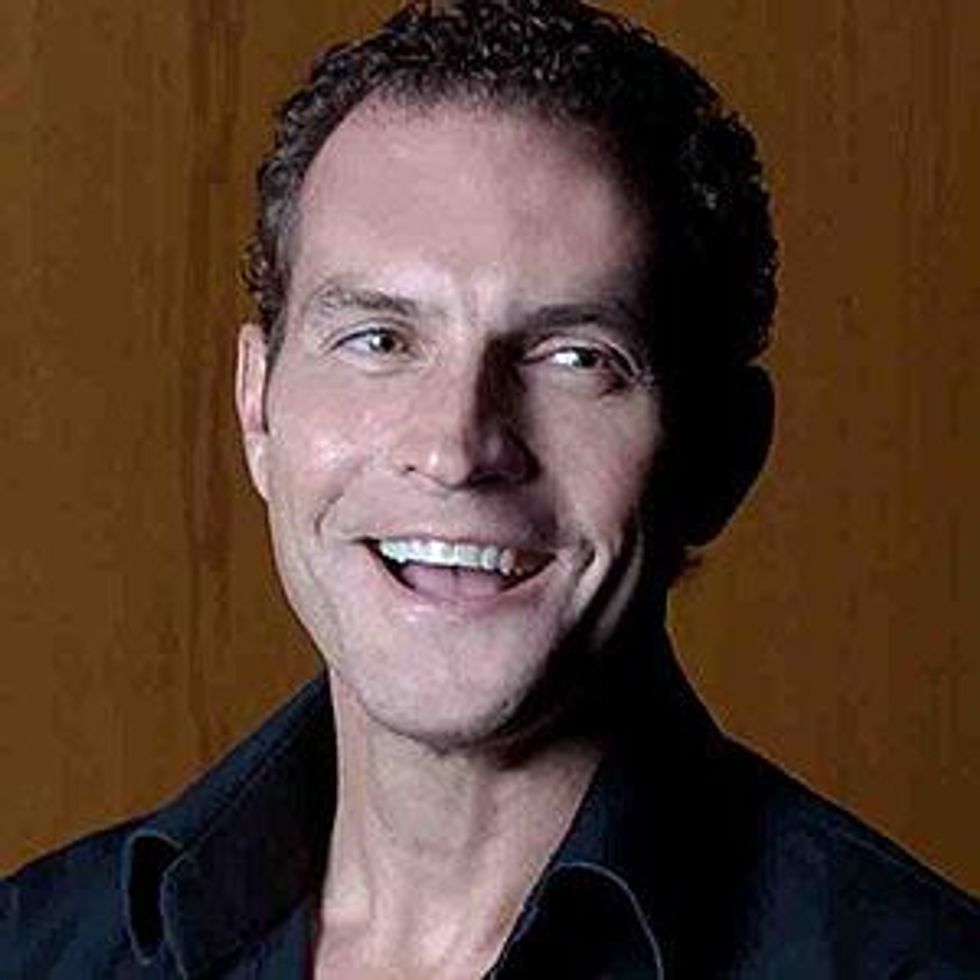
"To me, 'cisgender' is a clunky, unhelpful, and maybe even regressive term," Freeman concludes. "It does not move the gender conversation forward in a constructive way. Or in a productive way."
The word is part of the "gender conversation," however. As a testament to the phrase's seeping influence in pop culture (from Urban Dictionary to Stephen Colbert), Facebook's myriad gender-identity options now include "cisgender woman," "cisgender man," and simply "cis." Full disclosure: This writer has her Facebook profile set to identify her as a queer cisgender woman.
Even among LGBT people, the word is hotly debated. Advocate contributor and transgender Navy veteran Brynn Tannehill argues in a piece at The Huffington Post that when used by LGBT people, "the C word" often has a negative connotation.
"When someone is referred to as a 'cisgender lesbian' or 'cis gay man' by a transgender person, it is often in a negative way," Tannehill posits. "The addition of 'cis' or 'cisgender' is used to imply a certain level of contempt and a desire that they leave discussions on transgender issues. It also implies that they don't, can't, or won't ever understand transgender issues."
But others who embrace the word argue that it's in fact a necessary part of an honest conversation about gender, giving language to a privilege that many Americans may never have closely examined. It's for that reason that The Advocate uses the word in its reporting, followed by a parenthetical explanation of "nontrans" on the first reference.
"The term 'cisgender' is a means of accounting for privilege and trying to counteract the tendency to only name that which is different," explains Rawson, lamenting that even some gay, lesbian, and bisexual people are struggling to comprehend the damage that can be done by othering language that declares one type of experience normal. "Referring to someone as 'cis-' or 'cisgender' is no different than referring to someone as 'straight' -- it's a way to distinguish people's experiences and identities."
Rawson, who says he has never heard the word "cis" used in a derogatory way, stresses that he views the word's growing popularity and cultural usage as a step toward meaningful allyship to a population that, despite glamorous magazine covers and documentaries, experiences violence, discrimination, and poverty at staggering rates.
"If LGB people want to be genuine allies and advocates for trans people, they need to come to recognize the privileges of being cisgender," says Rawson. "What advantages do they have? What things do they never need to worry about? How can they leverage their own relative privilege?"
"Of course, LGB people can be genuine advocates for trans issues without identifying as 'cisgender,'" Rawson adds, "but for most, such critical self-reflection is an important step leading to more meaningful engagement."
As for those who argue that labeling them "cisgender" is forcing an unwelcome label on their own, hard-fought identity, Rawson has a powerful parallel:
"Is 'heterosexual' a slur? No. It describes an identity and experience. Because straight folks don't typically experience their heterosexuality as an identity, many don't identify as heterosexual -- they don't need to, because culture has already done that for them. Similarly, cisgender people don't generally identify as cisgender because societal expectations already presume that they are. ...
"It's an incredible and invisible power to not need to name yourself because the norms have already done that for you. You don't need to come out as heterosexual or cisgender because it is already expected. Since it isn't a derogatory term, those who take exception to it may be uncomfortable with trans issues or perhaps they are unwilling to confront their own privilege."
Dawn Ennis contributed to this report.
Want more breaking equality news & trending entertainment stories?
Check out our NEW 24/7 streaming service: the Advocate Channel!
Download the Advocate Channel App for your mobile phone and your favorite streaming device!